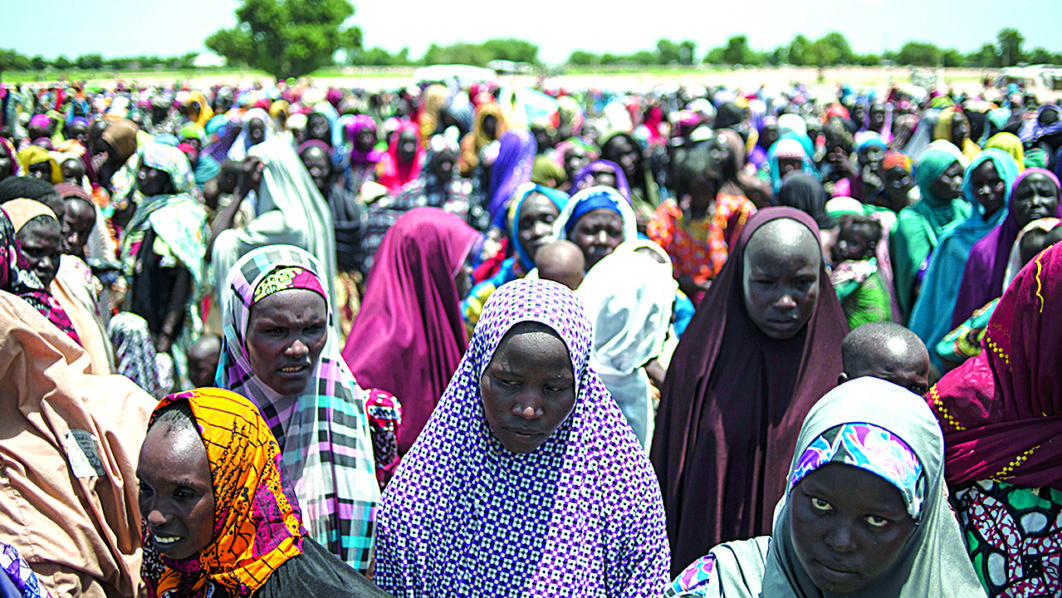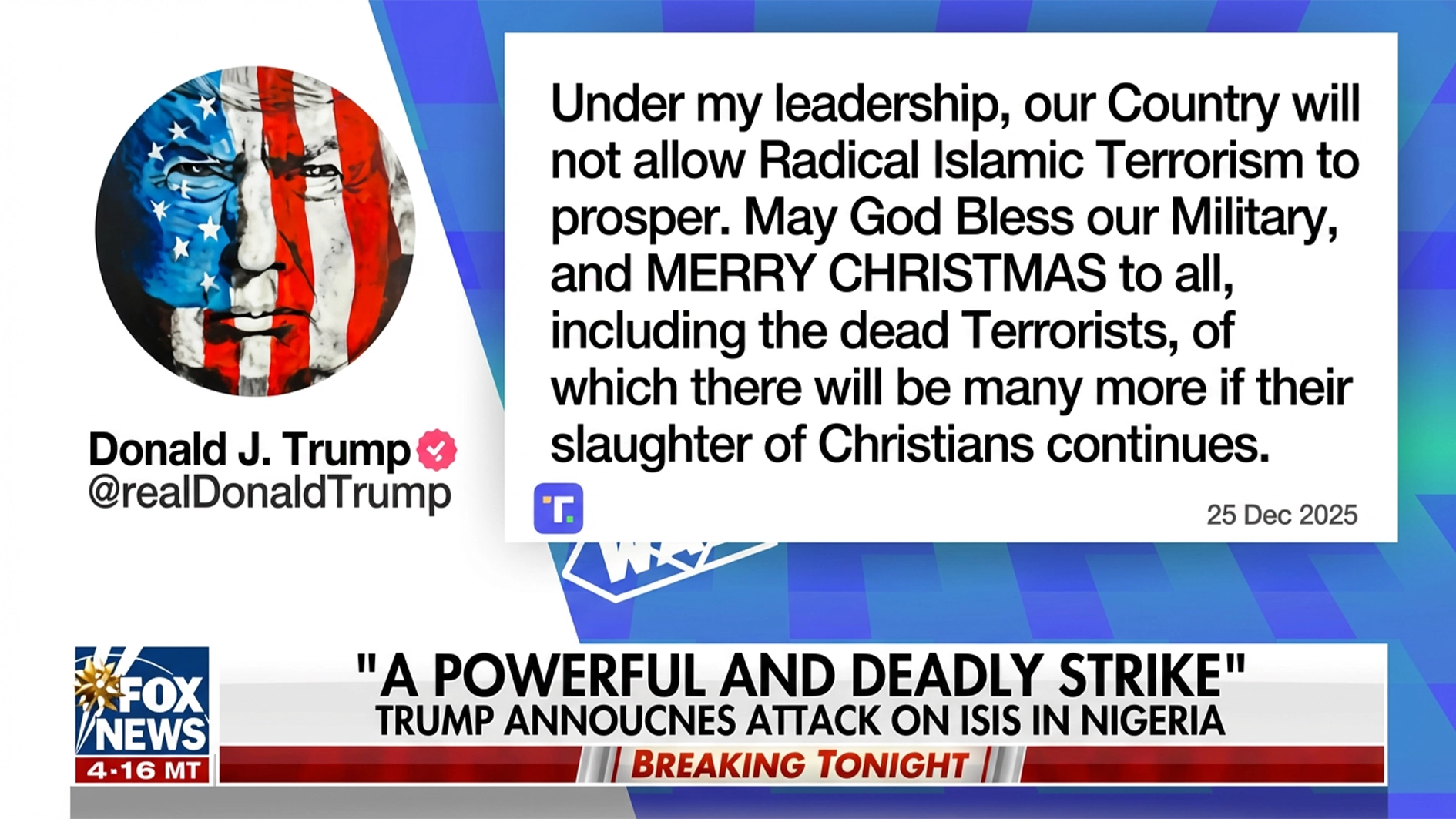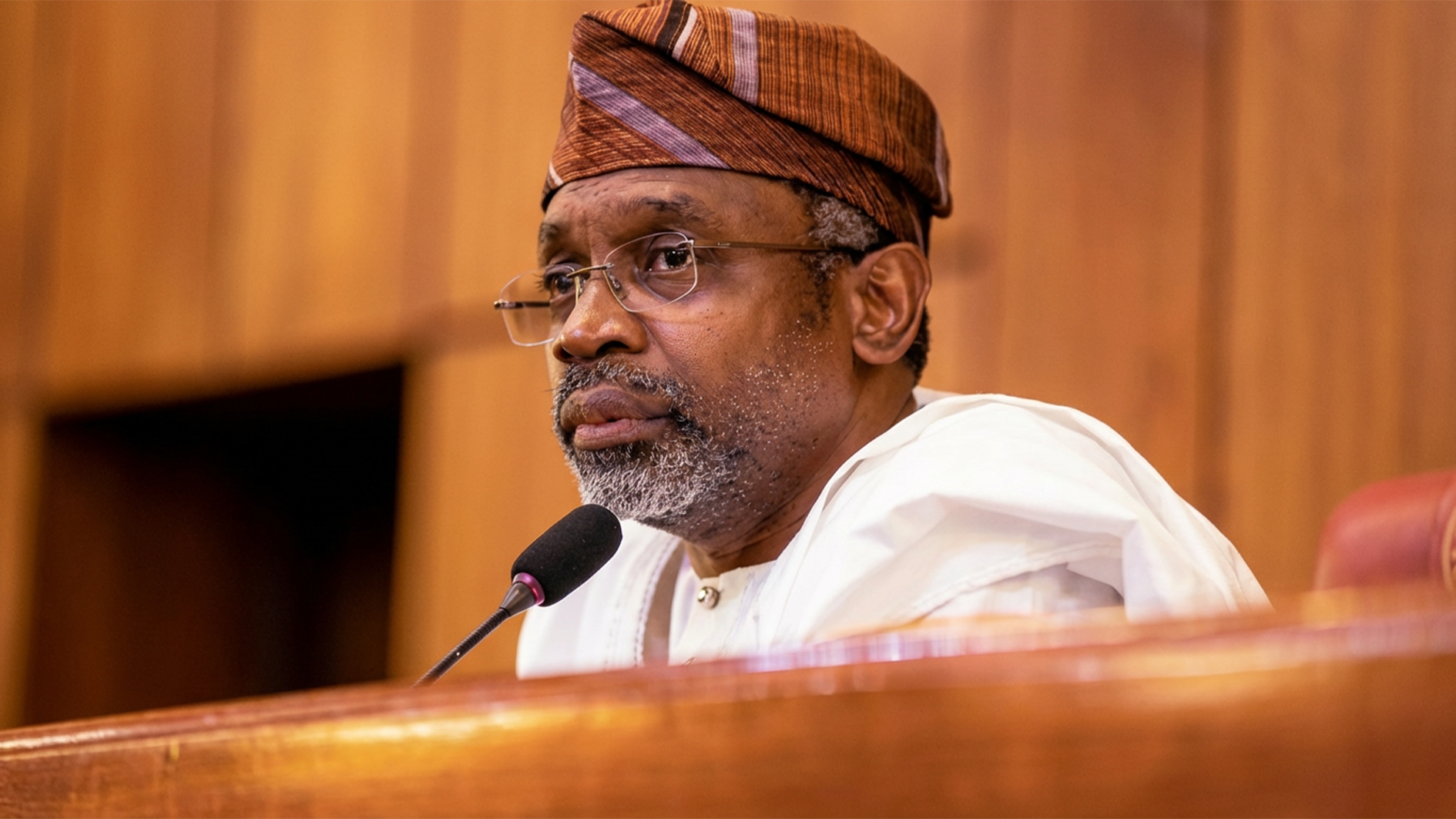
No fewer than seven million Nigerians have been displaced and are in need of humanitarian assistance as a result of the protracted activities of the Boko Haram insurgents, in northeastern Nigeria.
This was disclosed in a recent report by the UN humanitarian coordination office, OCHA, as it prepares to provide life-saving emergency assistance to the “most vulnerable people in conflict-affected areas”.
“During 2019, an estimated 7.1 million Nigerians will remain in need of humanitarian assistance in the three north-eastern states of Borno, Adamawa and Yobe, 80 per cent of whom are women and children,” the report reveals.
However, of the 7.1 million people in need of aid, “6.2 million will be targeted to receive humanitarian assistance, representing 87 per cent of those in need, compared with 79 per cent targeted in 2018.”
The agency budgeted about $847.7 million to meet “critical needs in 2019”.
Boko Haram, which has split into two factions – one loyal to the Islamic State and the other loyal to Abubakar Shekau – has been waging a deadly campaign in north-eastern Nigeria for almost a decade.
The continuous attacks in the north-east part and on the country’s Armed Forces have killed tens of thousands of people and troops, raped and kidnapped many more.
In February 2018, the sect attacked a school in Dapchi, Borno state, to kidnap about 105 school girls, reviving memories of the mass abduction of more than 200 girls from Chibok in April 2014.
Barely a month after the schoolgirls’ abduction, three female health workers were kidnapped during a Boko Haram raid on the remote town of Rann, in Borno state. During the attack, three other aid workers and eight Nigerian soldiers were killed.
Two of the female health workers have been killed with one remaining in hostage with Leah Sharibu, a 15-year-old who was one of more than 100 schoolgirls abducted by the sect in February was held back for refusing to convert Islam.
Although deaths from terrorism declined by 16 per cent in 2017, Nigeria is still listed as one of the five countries most impacted by terrorism in the 2018 Global Terrorism Index.
The country remains in the third position, which it occupied in the 2017 index.
Nigerian soldiers frequently complain of being poorly equipped to fight the terrorist group.
The general elections scheduled for February 2019 tends to further increase the risk of violence.
President Muhammadu Buhari, who is also seeking re-election, on Wednesday claimed that “people in the north-east know that we have recorded remarkable improvement in the fight against Boko Haram”.
His administration has also sent thousands of displaced people back to the areas they fled to try to further this perception, despite the fact that many of them remain unsafe, leaving more of them to the hands of the humanitarian.






